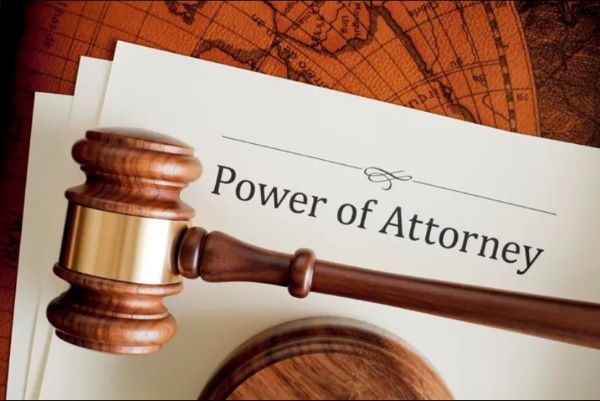
Authored By: Rachel Reyes-Silva, Esq. rreyes-silva@dunlapmoran.com
In the hustle and bustle of the real estate world, Realtors are at the forefront of property transactions. Recognizing the role and relevance of a Power of Attorney (POA) in real estate is vital. As real estate professionals, you are the guides, steering clients through the complexities of property dealings, and recognizing the vital role a POA can play is crucial.
Understanding the Power of Attorney:
A POA is a legal document empowering one individual (the agent) to act on behalf of another (the principal). Under Florida law, the agent can be any individual over 18 or a financial institution that has trust powers, has a place of business in Florida, and is authorized to conduct trust business in Florida. For validity, the POA must:
Depending on you or your client’s specific needs, the type of Florida POA you wish to create will vary. In Florida, you can create the following powers of attorney:
Validity of Out-of-State Powers of Attorney:
If an out-of-state power of attorney and its execution were valid in another state, it is also valid in Florida. It is extremely important to note, however, if a power of attorney is used to convey real property, it must be executed in the same manner as a deed- i.e. two witnesses and a notarized acknowledgement- even if not required in the state of execution. A third party who is called upon to accept an out-of-state power of attorney may request an opinion of counsel from the state of execution concerning the power’s validity in that state, at the principal’s expense. This underscores the utmost importance of timely communication when utilizing a POA in real estate transactions.
Using Powers of Attorney in Real Estate Transactions:
Real estate transactions involve various stages, and at each step, signatures on contracts and legal documents are crucial. Both buyers and sellers can use an agent through a POA, streamlining the process. Typically, a photocopy of an original POA has the same effect as the original, BUT keep in mind that an original POA that is relied upon to affect title to real property is almost always required for recording in the original records. Communication is key so any intent to use a POA for a real estate transaction should always be expressed early on to address objections promptly.
In the dynamic realm of Florida real estate, a well-utilized Power of Attorney (POA) can streamline transactions and provide flexibility for your clients. The key lies in timely communication of the intent to use a POA and addressing potential objections as soon as possible to ensure a smooth process. If you believe you may need to utilize a POA, it is best to consult with an attorney to navigate the complexities and make informed decisions that best suit your client.
see Chapter 709, Florida Statutes for more information
This blog is intended for informational purposes only and it is not intended to be, nor should it be construed as, legal advice or legal opinion. The reader should not consider this information to be an invitation to an attorney/client relationship, should not rely on information presented here for any purpose, and should always seek the legal advice of counsel in the appropriate jurisdiction.